All about larch wood
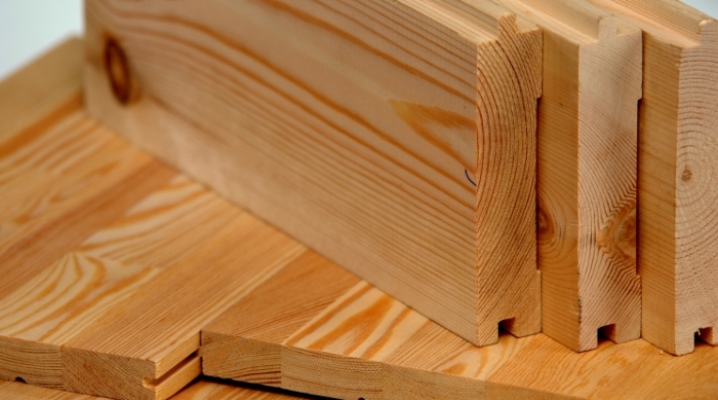
Larch is a tree that is known to many for its healing properties and unforgettable aroma. But few people know that, due to its characteristics, this breed is not inferior to oak. We are talking about strength and moisture resistance, which is why it is actively used in construction. In our country, larch stands are widely represented in the Far East and Eastern Siberia.
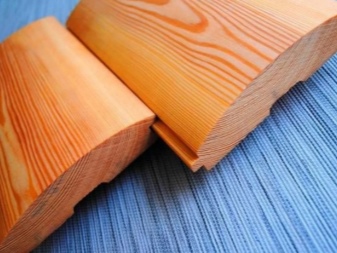
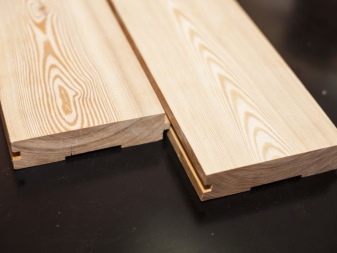
Properties
Larch is a variety of conifers in the pine family. The exact origin of the word is unknown, it is only clear that the name goes back to the Celtic-Latin word Larix, laridum (resin, oily tree due to resin). It is the resin contained in large quantities of larch wood that distinguishes it from pine. It should be noted that thanks to the resin, the tree is considered highly durable, since the older it is, the harder the resin.
Strength depends on the place of growth (the strongest trees grow in Altai) and the variety (Venetian alpine larch piles are more than 1000 years old).
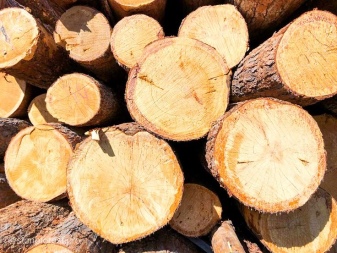
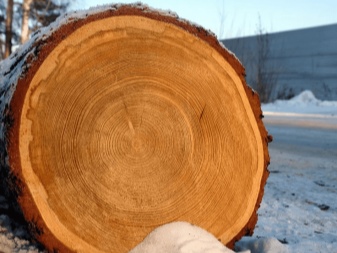
Larch has some characteristics common to all its varieties.
- This is the only conifer species that drops needles for the winter.
- In spring, you can sometimes notice the amazing flowering process of the tree. This is represented by bumps of extraordinary beauty.
- Well tolerated by a tree of cold (up to -60 degrees).
- Larch is a tall tree. The trunk thickness of an adult tree can be up to a meter.
- The crown of young larch is conical. In an adult tree (grows from 300 to 800 years), it is ovoid.
- The structure of the wood is such that it has a rich, bright color.
- As noted, the texture is very durable. This property is especially pronounced in places with long, severe winters and short summers.
- The trunks of larch trees have the correct shape - they are long and straight.
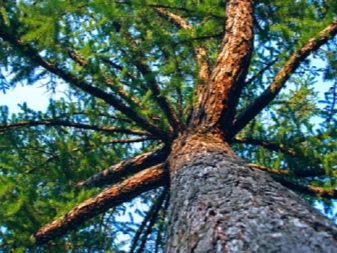
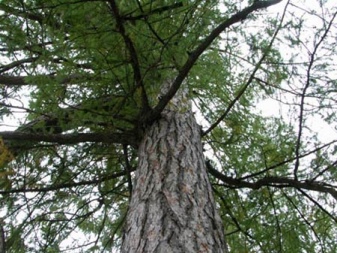
Advantages and disadvantages
The tree has a number of advantages and disadvantages. Let's look at the pros first.
- Wood is considered a highly durable material. It doesn't even rot in water. In addition, due to the high resin content, the longer it stays in it, the stronger it becomes.
- Larch is not exposed to carpenter beetles, which are repelled by the same resin.
- The wood is fire resistant.
- Larch bark and resin are widely used in medicine.
There are also some disadvantages, which include a number of factors.
- Due to its high density, it is rather difficult to drive a nail into dry wood, which makes it difficult to use the material in construction.
- The high resin content becomes an obstacle to sawing as it clogs into the saw teeth, increasing tool wear. You can paint the tree only after degreasing with a special solution.
- Before use, larch lumber must be dried in a special way. At first, it is under the influence of a special “steaming” mode for a long time, then the material is subjected to a gentle mode of drying. Otherwise, the material will be spoiled, since if it is not dried properly, it will crinkle and crack.
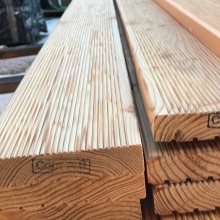
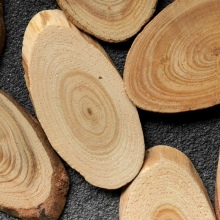
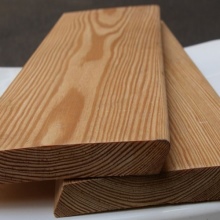
Varieties
More than 20 species of larch have been identified. Of these, 14 grows on the territory of Russia. In our country, Siberian larch and Daurian larch are mainly represented, which are one of the most common varieties.
Siberian larch (also called Sukachev's larch) occupies about 13-15% of other varieties. It can be recognized by the branches extending from the trunk at right angles. Their ends rise smoothly upward. The tree is quite unpretentious and grows in an urban environment. It almost entirely has properties useful for humans (and bark, and needles, and resin).
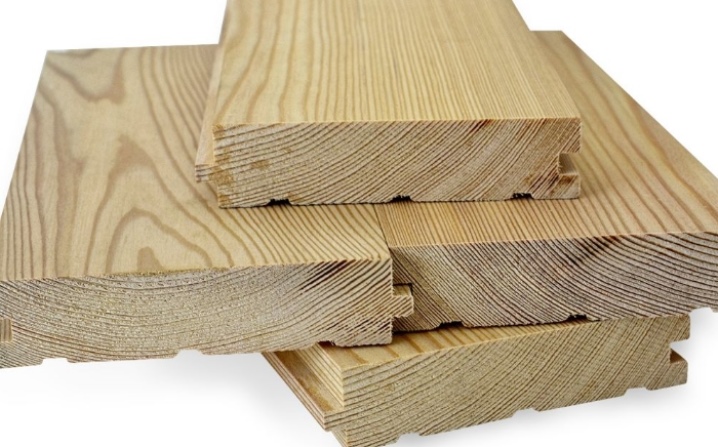
Daurian larch is the most widespread tree. This is one of the most frost-resistant varieties. It grows on many soils, but not on excessively marshy soils, with a large excess of moisture.
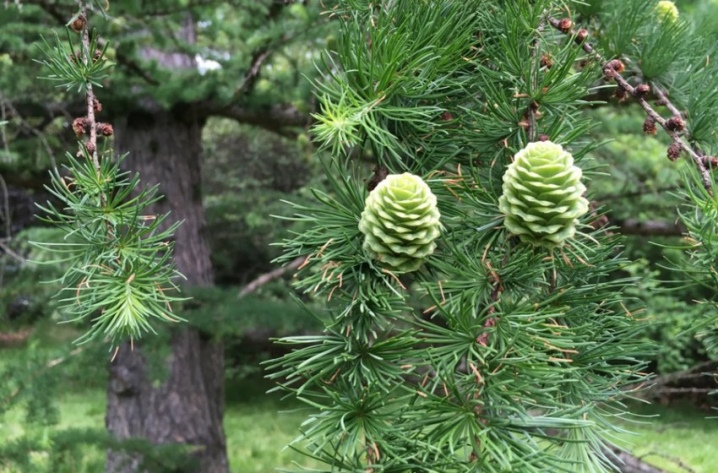
In addition to Siberian and Daurian, European and Japanese (Kempfera) are also widespread.
European grows most often in Europe (Central and Western). It should be noted that this variety has about 5 breeds (Horstmann Recurved, Kornik, Puli and others). This is the tallest variety: in the Alps, the height reaches 50 m, the trunk diameter is more than 1 m.In Russia, European larch cannot grow to such parameters due to climatic conditions (here the maximum height will be 25 m, but this is not always the case).
Japanese larch got its name from the country where its features were first revealed. It grows widely in Korea. Used for decorative purposes only. It is characterized by a height of up to 35 m, in the fall the needles become bright yellow.
In addition to the varieties mentioned above, also distinguish Kuril, Olginskaya. And also hybrids were bred: Amur, Chekanovsky, Lyubarsky, Okhotsk. Nowadays, for the improvement of the territory of the personal plot, you can buy in nurseries and varieties of decorative larch species specially bred by breeders. They are considered, unlike wild species, dwarf trees (their height does not exceed 2 meters). These are the varieties "Puli", "Kornik", "Kreichi" and others.
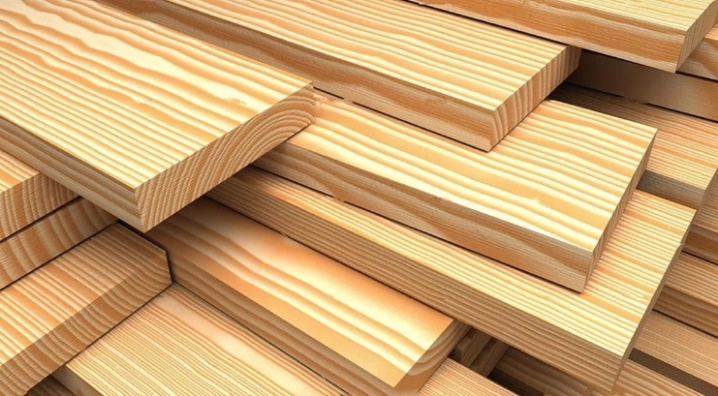
Applications
A number of features of larch make it possible to widely use the material from this tree both in construction and in finishing the premises: as a lining (thin sheathing board), edged board, floor and planken (profiled non-grooved board).
As for construction, there is one important feature of the tree: larch building material is able to withstand any load, which justifies its use as ceiling beams.
In addition, since larch does not absorb moisture, and is not inferior in strength to oak, it is used for the manufacture of log houses, windows.
Resistance to high humidity determines the active use of larch for the construction and decoration of baths and other rooms with excess moisture. All the same moisture resistance of the larch material is the reason why wood is also used for the manufacture of garden furniture. She is not afraid of rain, snow, temperature changes, which makes it possible to use larch furniture on open verandas and terraces.
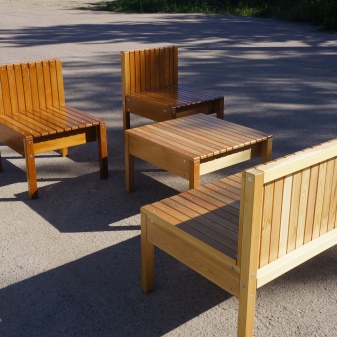
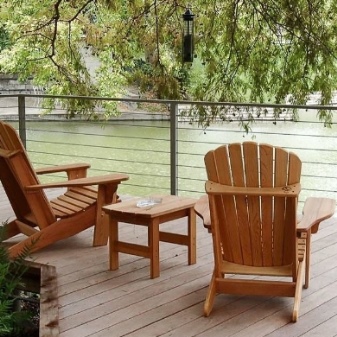
Larch barrels and tubs, which are used in winemaking in the same way as oak, are famous for their durability.
It is not surprising that many ancient buildings erected from larch have survived to this day. These are details of decoration of old estates (Sheremetyev's estate), churches (St. Basil's Cathedral). Larch has been actively used and is being used, along with rare varieties of tropical trees, in shipbuilding. They also make musical instruments out of it.
As for the use of wood in medicine, then not only larch needles are used for processing - its bark, which contains certain organics (acids: catechins, flavonoids) and tannins, is a valuable material. Thanks to this, the tincture from the bark is used for external use in the treatment of various abscesses, ulcers, it prevents the appearance of bleeding gums. Traditional healers and healers recommend chewing larch resin for the prevention of oral diseases. Young needles oil is widely used in aromatherapy for the treatment of colds.A tincture of young shoots in milk, according to representatives of traditional medicine, is a good cough remedy.
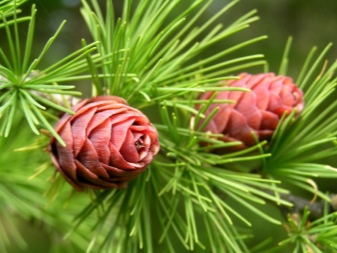
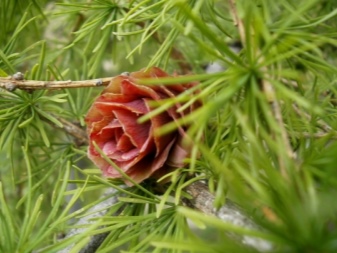













The comment was sent successfully.